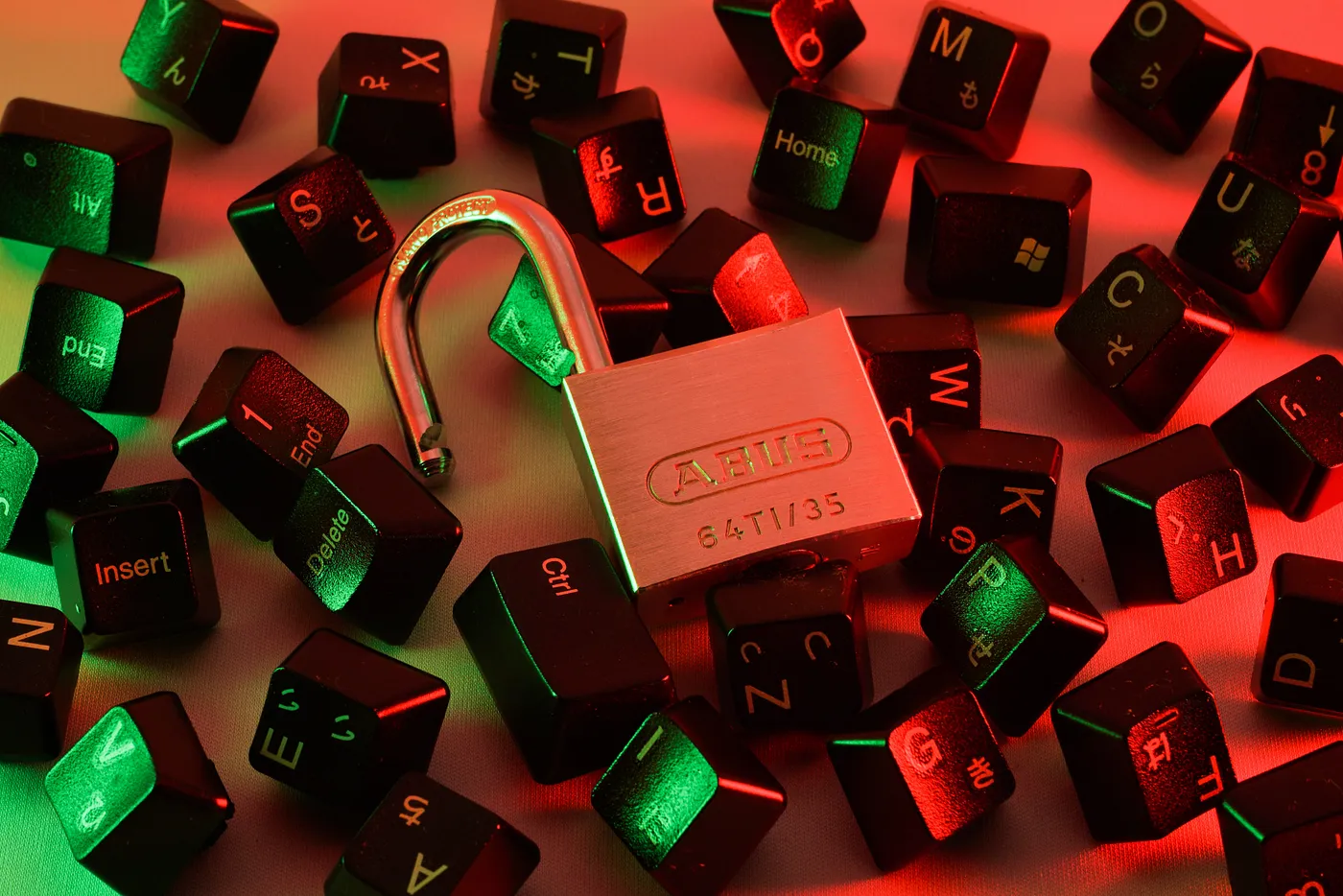Follow this checklist and you’ll be on your way!
The holidays provide a good time for you to take steps to prevent identity theft. These are basic precautions that important year-round. And they’re especially important during the busiest season for families, shoppers and cybercriminals.
Cybercriminals Love the Holidays Too!
Here’s a closer look into the steps you should take this holiday season to keep cybercriminals from taking steps to steal your identity.
Guard your Social Security number
Be sure that everyone in your family knows this rule. Do not share your Social Security number with anyone unless you know it’s absolutely necessary. Who might that be? Your primary medical facility offices; The IRS or Social Security Administration; and banks, credit card companies and some retail stores. Whenever insurance is involved or your credit history, you Social Security number is a prime source of identification.
Once you have established a relationship with any of the above, there’s no need to provide your Social Security number to them again. They’ll usually only ask for the last four digits of your Social Security number.
Also, never give your Social Security number to anyone over the phone who asks for it, no matter how legitimate they may seem. Most organizations not mentioned above have NO NEED for your number. Decline to give it. This is a very important habit to get into, especially for younger people who may get pressured to provide it to a caller simply because they were asked to.
Think before you click
Scammers and cybercrooks are online experts and have ways to fool us into believing they are who they ‘look’ to be—Amazon, PayPal, a retail store or coworker. Con artists use emails, texts and social media ads to get us to read messages and click on their links.
That’s where the danger lies. Bad links can launch a virus or malware into our computer, which can steal information behind the scenes, without our knowing it.
Or the link may lead to a page where we need to fill out a form and provide “necessary” information—including our names, account numbers, email addresses, etc. Little do you realize that a thief has just acquired all the information they need to steal from you or open accounts in your name.
Use complex passwords—and change every so often
Cybercrooks look for easy prey, such as those people who use simple (not smart!) passwords (123456, 111111, password, etc.) or passwords that are easy to guess or break. If you think that doesn’t happen, think again. Millions of people use the simplest (easiest to crack) passwords that you can imagine.
Secondly, change your passwords routinely, perhaps twice a year. Is that a hassle? Maybe. But having one of your accounts hacked would be a hundred times worse. If someone knows the username of your account, they’re halfway there. If they can guess your easy password, they’re in. Con artists steal the usernames and passwords of millions of accounts from companies every year. That’s what those data breaches you hear about in the news are all about.
Get credit card alerts
Why do people put alarms and digital doorbells on their homes these days? It’s to alert them when something suspicious is at their home when they’re at home or not, so they can take the appropriate action.
You should have a similar warning system with all our credit accounts, and that’s within your power. Many credit card companies will already alert you if they see some out of the ordinary credit activity on your account. Also, some credit-related companies such as Credit Karma and Credit Sesame have programs that let you create your own account-alert guidelines.
The point is, you can’t afford to let a credit card disaster happen and continue while you’re unaware until it’s too late. Look into credit-monitoring services to help prevent that and reduce the risk.
Protect your mail
We’re so focused on our online lives that we can forget about simple things like mail in our mailbox. The key is to remember is that you typically toss out most of the snail mail you receive.
While stealing U.S. mail in delivery is a federal offense, no such law exists for stealing read, discarded, or recycled mail. Even though many people use shredders to prevent problems, sometimes some pieces may not get shredded—and millions of people can’t afford to buy shredders or buy a very good one.
Although it’s less common now, some medical providers and other institutions may still put your Social Security number on an important document, such as a bill or renewal statement. If you don’t use a shredder, be sure to obliterate any document that might have your Social Security number.
Use a digital wallet and digital payments
There is a way to prevent ever losing a credit card in a restaurant or in a payment terminal in a store—use your phone or digital watch instead. Let’s talk about iPhone specifically—Apple Wallet, Apple Pay and Apple Watch.
You can use the Apple Wallet, the primary app, to upload your credit card information and more. From then on, after you synch your iPhone and Apple Watch, you can pay at the terminal simple by opening Apple Pay on your phone or watch and putting it close to the terminal. No cards to stick into terminals, leave behind or lose.
Get free credit reports
You are allowed to request a free credit report from each of the three credit bureaus, Experian, TransUnion and Equifax once a year. It’s important that you do that routinely and exam the reports thoroughly. There could be charges and accounts in your name that you don’t know about. How would you know if a criminal used your information to open an account in your name?
By correcting any errors and catching strange transactions, you can prevent a cybercrook from using your accounts—and take action to protect your credit card accounts.
Protect your cellphone
Because our phones have become the financial and information hub in many of our lives, we need to take care to protect our phone. Your phone could be stolen one day. Or you could leave it somewhere, and if you haven’t taken steps to protect it, that could mean huge problems.
Be sure you have taken all the privacy steps to lock and protect your phone. Make sure you’re aware of the problem of sim swapping and how it can affect you. Turn on the apps that will allow you to track down your phone if you ever lose it. If the thought of losing your phone worries you, do all you can to protect yourself before that happens.
Review medical statements
Unpaid medical bills will affect your credit, so you don’t need that trouble. You also don’t want to be paying for services that were given to someone other than yourself. Medical fraud by cybercriminals is also on the rise. Most people don’t think to examine their medical statements for charges they’re not responsible for. This isn’t about being overcharged by a doctor or medical facility; it’s about criminals using your name and identity to order services for themselves.
Checking your medical statements will help you catch inaccurate charges and protect your identity.
Credit: Source link




